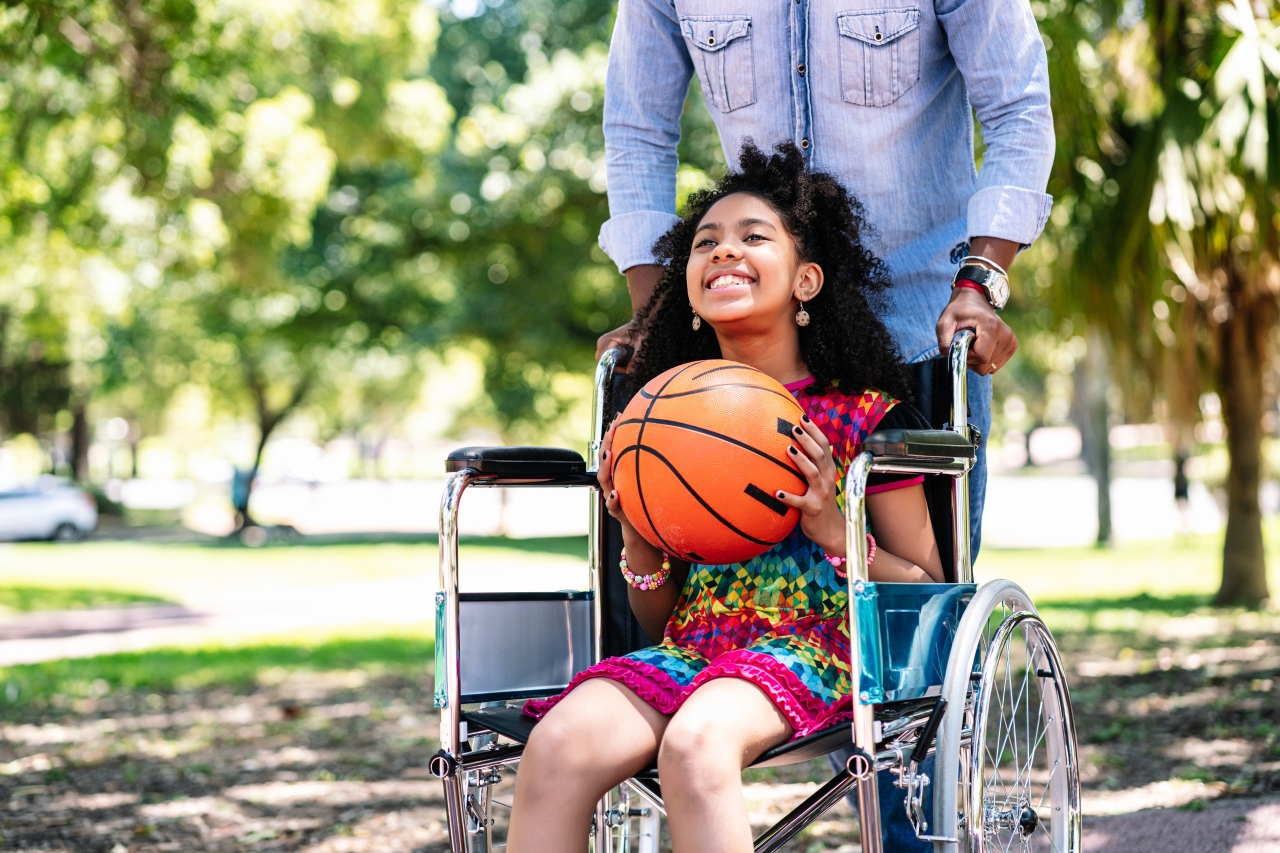COVID-19 Pandemic Causing Loss of Children’s Primary or Secondary Caregiver - Salud America
- Read original article here

Many children in the U.S. have lost a parent or caregiver due to the COVID-19 pandemic.
In fact, 1 in 500 U.S. children have experienced COVID-19 associated orphanhood, and Latinos and others of color are particularly affected, according to a new study in the journalPediatrics.
“From April 1, 2020 through June 30, 2021, data suggest that more than 140,000 children under age 18 in the United States lost a parent, custodial grandparent, or grandparent caregiver who provided the child’s home and basic needs, including love, security, and daily care,” states the study, led by researchers at CDC, Harvard University, Imperial College of London, and others.
The study found that the pandemic accentuated racial, ethnic, and geographical disparities associated with the deaths of caregivers.
Researchers analyzed COVID-19 associated orphanhood (death of one or both parents as defined by UNICEF) between April 1, 2020, and June 30, 2021 for each state using information on mortality, census data, and fertility.
The findings also suggest significant racial and ethnic disparities in the distribution of COVID-19-associated death of parents and caregivers.
States along the border experienced high mortality rates in Latino areas.
“Along the U.S.-Mexico border, including New Mexico, Texas, and California, between 49% and 67% of children who lost a primary caregiver were of Hispanic ethnicity,” according to thestudy.
Several contributors caused the disparities, according to the researchers.
“[Disparities] might be influenced by variations in fertility, age at childbearing, comorbidities, access to health services, social vulnerability, longevity, and rates of caregiving by grandparents,” as mentioned by the study inPediatrics.
For the duration of the pandemic and long before, Latinos and other people of color have faced many structural and systemic barriers to health equity.
The social determinants of health, which include poor access to transit and green spaces, occupation,economic instability, lackinghealthcare insurance, andunstable housingmay also increase exposure to COVID-19.
This week, the Latino COVID-19 death rate milestone has reached an unprecedented amount — over 131,103 lives lost, according to aSalud America! report.
The staggering loss of life gaveDía de Los Muertosa new meaning for Latinos who lost loved ones during the pandemic.
Maria Alvarez is a volunteer in the organization of a funeral mass for the members of her Latino community who have died during the pandemic.
“[COVID-19] affected us a lot. We lost a lot of people from COVID,” said Alvarez, according toABC News. “That’s why we asked to do it now in October because it’s for the Día de Los Muertos.”
Family is something that Latinos value dearly.
It is no surprise that many Latino households are multi-generational families (many families living in one house/apartment).
“Latino caregivers may spend more hours a week giving care and taking on more intensive caregiving needs, than caregivers from other ethnic groups. Additionally, 43% of Latino caregivers live with their loved ones versus 32% of non-Latino caregivers,” stated aSalud America!report.
COVID-19 has negatively impacted the stability of the household. It has increasedLatino caregivers’stress, anxiety, and depression as they care for patients with chronic diseases likeAlzheimer’s Disease. The loss of a parent or grandparent is an experience that will change a child’s life forever.
This traumatic early experience can be linked to many impairments in Latino children’s social, emotional, and academic achievement as mentioned in a key finding in aSalud America! research review.
“Loss of a parent is among the adverse childhood experiences (ACEs) linked to mental health problems; shorter schooling; lower self-esteem; sexual risk behaviors; and increased risk of substance abuse, suicide, violence, sexual abuse, and exploitation,” according to thePediatricsstudy.
Mental health professionals are utilizing emerging methods to help heal children from trauma, such as art therapy.
Mental health professionals hope that art therapy—a mental health service that utilizes creativity to help people resolve psychological issues—will provide healing comfort to children, according to aSalud America! report.
Dr. Luz Garcini of UT Health San Antonio also runs innovative online programs to help Latinos heal from the loss of a loved one.
“One of the biggest needs that we see in the community right now is that there has been a lot of loss and grief, particularly associated to the loss of loved ones over the current [COVID-19] pandemic, that has not been addressed,” said Garcini.
Increased awareness of children facing orphanhood due to the pandemic is a top priority for healthcare and community leaders, said Susan Hillis, CDC researcher and lead author of the study.
“The death of a parental figure is an enormous loss that can reshape a child’s life. We must work to ensure that all children have access to evidence-based prevention interventions that can help them navigate this trauma, to support their future mental health and wellbeing,” said NIDA Director Dr. Nora D. Volkow.
Hillis and the other authors also hope their study encourages people to think about the impact of COVID-19 on family members and children left behind.
“Children losing caregivers to COVID-19 need care and safe, stable, and nurturing families with economic support, quality childcare and evidence-based parenting support programs. There is an urgent need to mount an evidence-based comprehensive response focused on those children at greatest risk, in the states most affected,” according to the researchers.
We can also support children by helping people in our community get vaccinated against COVID-19.
You can help the children impacted by COVID-19 in your community by downloading aHealth Equity Report CardfromSalud America!
This report card displays data and resources your community has access to for healthcare, food, education, and other health equity related issues. You can advocate for your neighbors and present the Health Equity Report Card to your city’s leadership!
Images Powered by 
